- Free schools for IDP children in Arakan State struggle to stay open amid funding shortfall
- Female-headed IDP households in Ponnagyun Twsp struggle as commodity prices surge
- Min Aung Hlaing likely to take State Counsellor role in post-election government formation: Analysts
- Hindus express hope for educational reform under AA administration
- Arakanese zat pwe performers struggle to survive as conflict halts traditional shows
Civil society coalition urges UN to act on aid access, militancy and accountability in Arakan-Bangladesh borderlands
More than 200 diaspora, community and rights groups from Myanmar, Bangladesh, India, Thailand, Malaysia, Japan, the US and Europe have issued an open letter calling on the United Nations and member state ambassadors to take "urgent, principled and impartial" action on multiple crises affecting Arakan State and adjoining Bangladeshi border areas.
02 Oct 2025
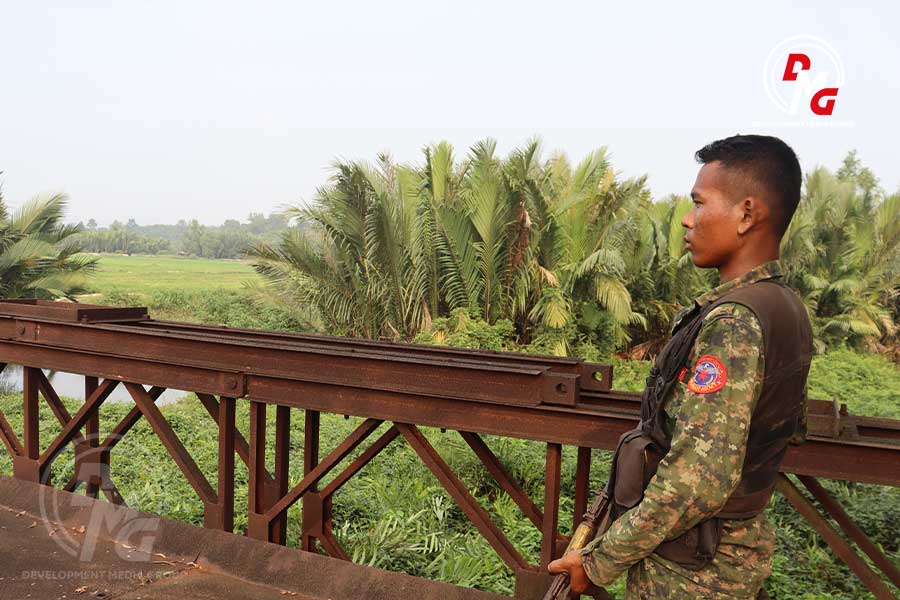
DMG Newsroom
2 October 2025, Sittwe
More than 200 diaspora, community and rights groups from Myanmar, Bangladesh, India, Thailand, Malaysia, Japan, the US and Europe have issued an open letter calling on the United Nations and member state ambassadors to take "urgent, principled and impartial" action on multiple crises affecting Arakan State and adjoining Bangladeshi border areas.
Dated 29 September, the letter-signed by organizations including the Arakan American Community, the World Arakanese Organization, Buddhist and ethnic community networks in Bangladesh, and dozens of migrant and youth groups in Southeast Asia-warns that the border region is at a "tipping point."
The statement identifies seven major developments it says are reshaping security, humanitarian access and public perceptions:
1. a rise in Rohingya militancy based in Bangladesh and cross-border attacks inside Arakan allegedly involving ARSA (Arakan Rohingya Salvation Army), RSO (Rohingya Solidarity Organisation) and allied factions;
2. continuing rights violations against Indigenous peoples in Bangladesh's Chittagong Hill Tracts (CHT);
3. manipulation of refugee systems in Cox's Bazar, including fraud and militant coercion;
4. illegal fishing, infiltration and identity fraud along the Bangladesh-Arakan coast;
5. mass displacement and worsening conditions for IDPs in Arakan amid aid blockades and discriminatory relief practices;
6. disinformation and "lawfare" campaigns said to target the Arakan Army (AA); and
7. the AA/ULA (United League of Arakan)'s growing role as a de facto governing authority in most of Arakan.
The authors urge UN agencies and member states to investigate militant networks and alleged aid diversion; press Dhaka over border security, CHT abuses and "withheld" relief consignments; expand assistance in Cox's Bazar; ensure impartial aid delivery inside Arakan by bypassing junta restrictions; strengthen refugee oversight; "counter disinformation" against the AA; and engage with the AA/ULA and its governance wing, the Arakan People's Revolutionary Government (APRG).
According to the letter, insurgent activity in 2025 has included the formation of a "Four Brothers Alliance" among Rohingya armed groups, cross-border raids from Bangladesh into northern Maungdaw, abductions and killings of non-Muslim villagers, and attempts to seize AA positions. The signatories further allege that some Bangladesh Border Guard (BGB) personnel have enabled militant operations near border posts. (The BGB has previously denied links to ARSA or RSO, saying it remains focused on border security and refugee management.)
On the humanitarian front, the coalition says hundreds of thousands of people are displaced across AA-controlled areas, while accusing the Myanmar military of blocking road, river and air routes for aid delivery. These restrictions, the groups contend, have fueled shortages and sharp price spikes. They also allege that cross-border aid into Arakan has been delayed or politically conditioned, and that distributions inside the state are uneven, exacerbating mistrust among communities.
Turning to Bangladesh, the signatories cite partial implementation of the 1997 CHT Accord and recent deadly violence in Khagrachhari as evidence of systemic risks for Indigenous communities. They call for impartial investigations and renewed commitments to demilitarization and land rights in the CHT.
The letter also notes that the AA/ULA now administers most townships in Arakan, providing health, education, law enforcement and humanitarian services via the APRG. The coalition argues that this "de facto authority" must be included in humanitarian and political engagement moving forward.
As is standard practice, DMG could not independently verify all claims in the open letter at the time of publication. Bangladeshi authorities have previously rejected allegations of official support for Rohingya armed groups, and UN agencies maintain that they apply due diligence and protection standards in refugee operations. The Myanmar junta routinely denies targeting civilians, though rights monitors and local media have documented repeated air, naval and artillery strikes on civilian areas in Arakan throughout 2024 and 2025.
The signatories conclude that only "principled, transparent, and impartial engagement" by the UN and member states can prevent further suffering, protect minorities and restore credibility to humanitarian operations across the Arakan-Bangladesh frontier.




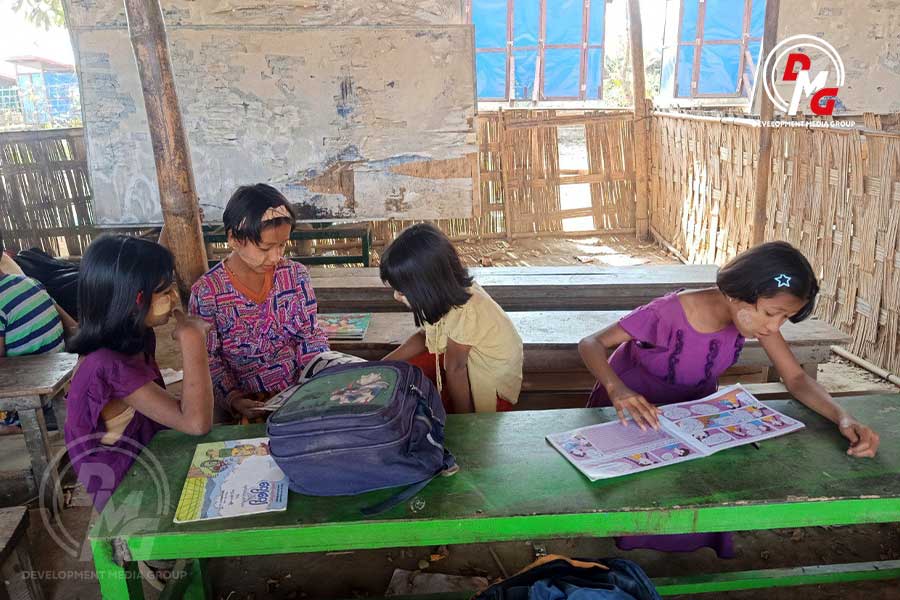
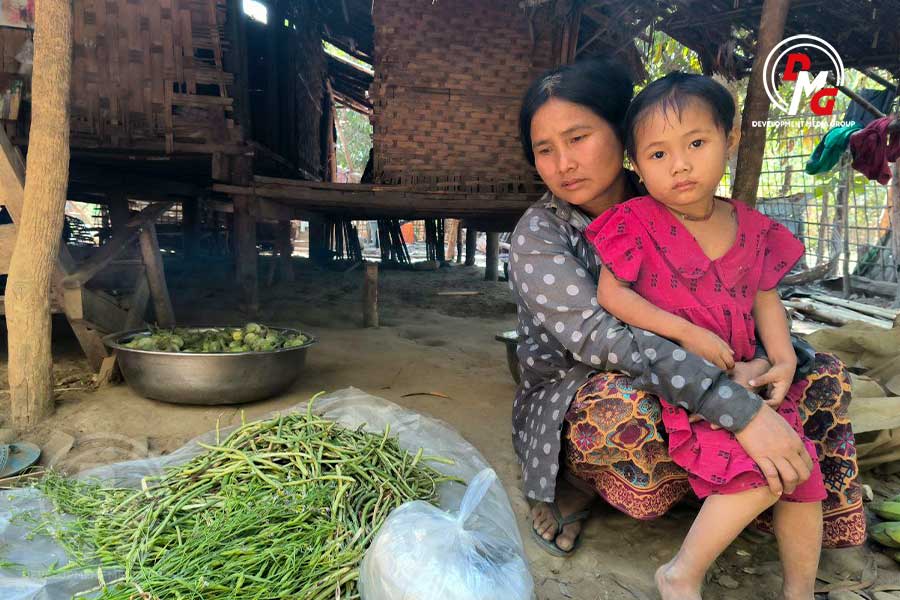
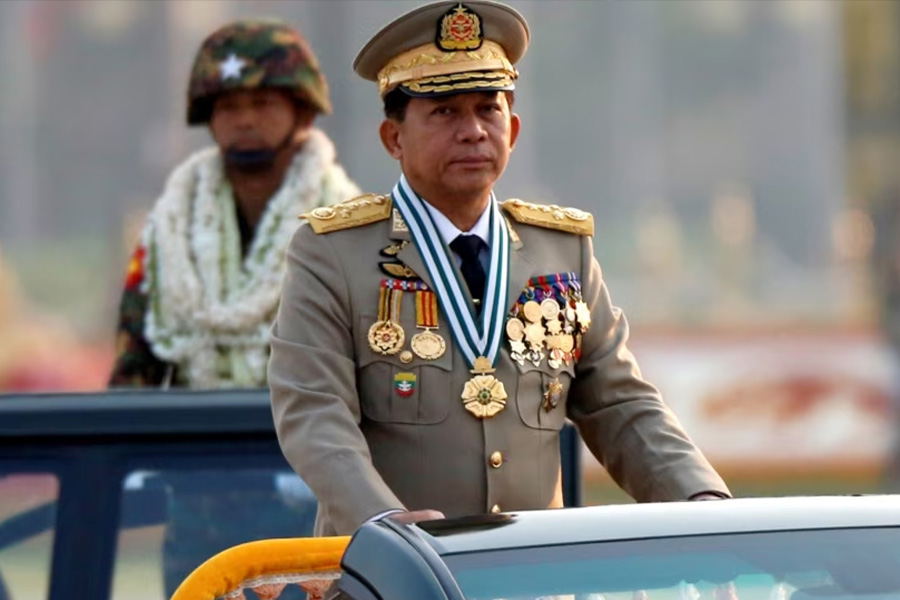
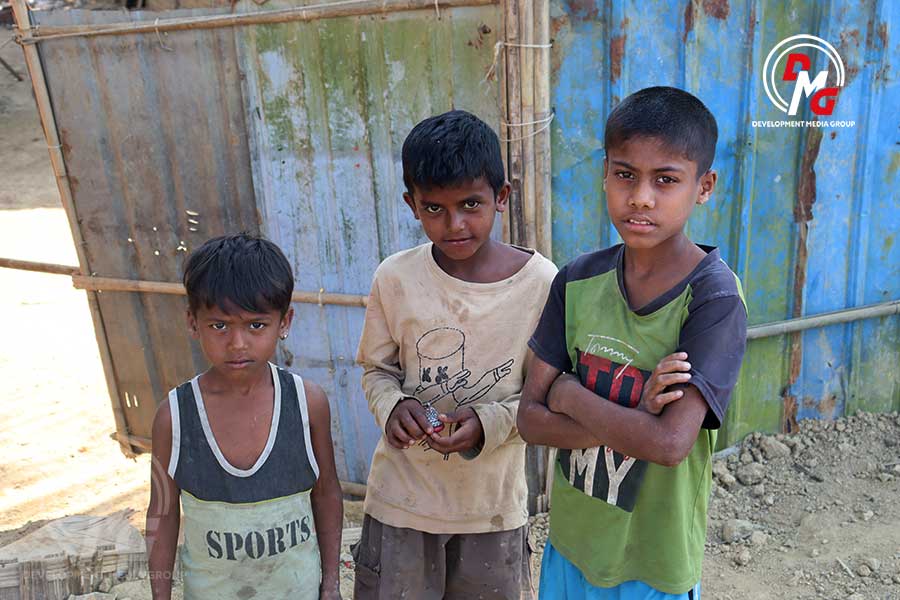
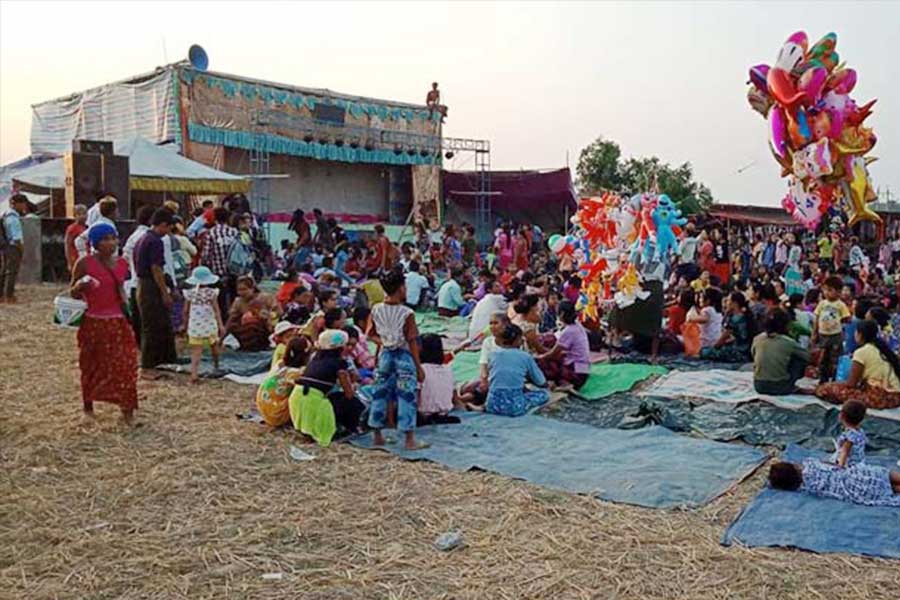








.jpg)